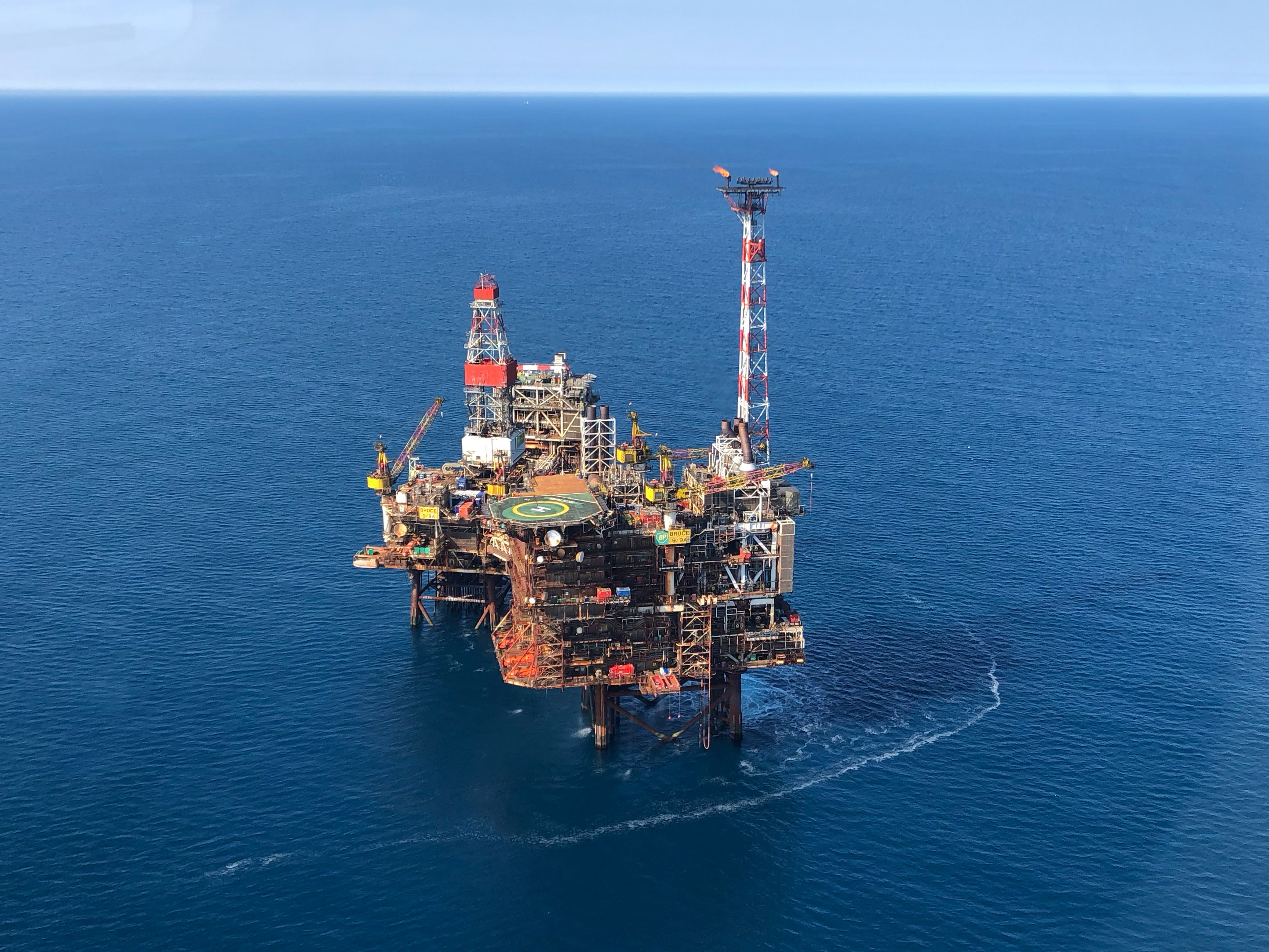
As reported by Energy Voice on Monday 11th Jan, Kwasi Kwarteng (Minister of State for Energy) in a Westminster Energy Forum interview stated:
‘And so there’s a real feeling, and you will know this in terms of public activism. I mean, the Shells of this world, the BPs of this world have been under a huge amount of pressure from ordinary activists. And we feel it’s only right that we should really hold their feet to the fire in terms of the decarbonization agenda. And that’s precisely why we’ve really looked to this industry, looked to this sector, and asked them directly to drive the energy transition.’
Prompted by that comment, I analysed the UK Government’s DUKES data base for 2018 and sorted out the largest million tonne, CO2 equivalent producers by sector. The total CO2 equivalent emissions in 2018 was 451 million tonnes equivalent. The upshot was the following table.

As is readily seen, the emissions from upstream oil and gas activities is not particularly significant compared to many other sectors. Indeed cow and sheep farts are a larger source of emissions.
It is not the Tier 1 production emissions that are the major problem, it is the Tier 3 issues associated with fossil fuel combustion to produce heat and power. The latter dwarfs the oil and gas production emissions. According to Equinor the oil and gas production average CO2 emission statistic is 18 kg/barrel of oil equivalent (boe). To put that in context around 400 kg of CO2 will be produced if a boe is used for fuel or power.
Having spent much of my career with work associated with offshore modifications, I know how risky and costly brownfield modifications are. Whilst all activity that will reduce greenhouse gas emissions is to be welcomed, my concern is that the oil and gas companies will spend a huge amount of time, manpower and money tackling these Tier 1 emissions. Money time and resources that could be much more effectively used tackling the major sectors of power generation, transport and space heating.
Does Kwasi Kwarteng know his foot from his elbow?
Tom Baxter is visiting professor of chemical engineering at Strathclyde University and a retired technical director at Genesis Oil and Gas Consultants
Recommended for you
